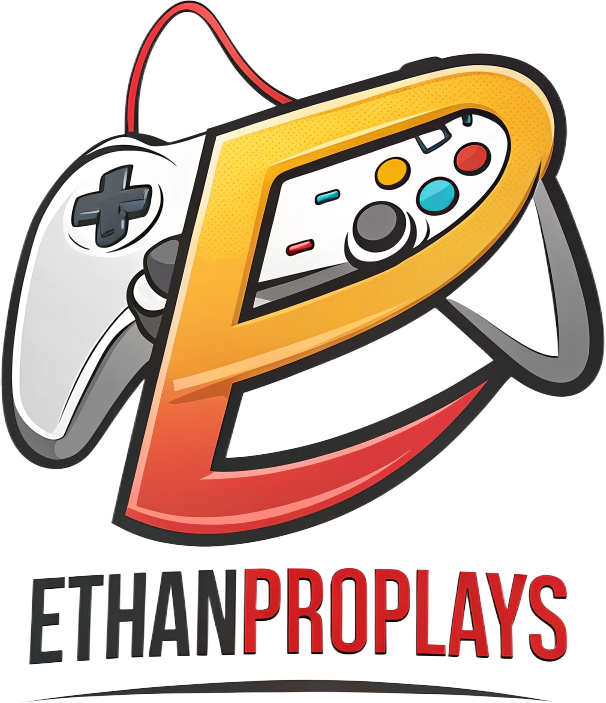Level Up Your Game Community Management: Strategies for Success
In the fast-paced world of gaming, community management can often feel like a daunting quest, but it doesn’t have to be! Whether you’re managing a small indie game or a massive AAA title, understanding the ins and outs of game community management can make a significant difference in player engagement and satisfaction. Let’s dive into some unique strategies that can help you level up your game community management skills, ensuring your players feel valued, connected, and excited to be part of your gaming universe.
First and foremost, let’s talk about communication. The foundation of any thriving gaming community is clear and effective communication. Players want to feel heard, and this starts with open channels. Utilize platforms such as Discord, Reddit, or dedicated forums to facilitate conversations. Regularly scheduled Q&A sessions or developer updates can bridge the gap between the creators and the community, allowing for a two-way dialogue that fosters trust and transparency. Remember, players are not just users; they are an integral part of your game’s journey.
Now, let’s consider the tone and style of your communications. It’s important to match the energy of your game with your community interactions. If your game is lighthearted and fun, adopt a playful tone. If it’s more serious and immersive, maintain that gravitas in your communications. A consistent voice builds brand identity and encourages players to feel more connected to the game and each other. Think of it as crafting the ultimate character in an RPG—one that players want to get to know better.
Moreover, engaging content is essential. Don’t just relay information; create it! Develop community challenges, contests, or in-game events that encourage participation. For example, a community art contest where players submit their fan art can not only enhance player involvement but also generate organic marketing content. Additionally, consider spotlighting players in your newsletters or social media. Recognizing contributions fosters loyalty and builds a sense of belonging among community members.
Another key element in effective game community management is understanding the psychological aspects of gaming. Gamers are motivated by achievement, social connections, and immersive experiences. Harness these motivations by implementing reward systems or recognition programs. For instance, introduce a leveling system for community participation, where players earn points for engagement and can redeem them for in-game rewards or exclusive content. This not only incentivizes interaction but also enhances the overall gaming experience.
In today’s gaming landscape, inclusivity is paramount. Create a welcoming environment by promoting diversity and actively moderating negative behavior. Make sure that all players feel safe and valued, regardless of their background. Consider establishing clear community guidelines and appointing moderators who embody your values. A healthy community will naturally lead to a more engaged player base, and word of mouth about your game will spread like wildfire.
Additionally, keep an eye on emerging trends in community management. The gaming industry is always evolving, with new platforms and technologies. For example, virtual reality (VR) and augmented reality (AR) can offer fresh ways for communities to interact. Imagine a VR space where players can gather, socialize, and participate in community events. Staying ahead of these trends will position your game as a leader in innovation and engagement.
Finally, don’t underestimate the power of feedback. Regularly solicit input from your community and show that you value their opinions. Conduct surveys or polls to gauge player sentiment about game features, future updates, or community initiatives. Implementing feedback not only improves the game but also empowers players by giving them a stake in its development.
In conclusion, mastering game community management is a multifaceted endeavor that requires creativity, empathy, and strategy. By fostering communication, understanding player psychology, encouraging engagement, promoting inclusivity, and adapting to trends, you can create a vibrant and thriving community that enhances the gaming experience for everyone involved. So grab your controller, roll up your sleeves, and get ready to take your community management skills to the next level!

